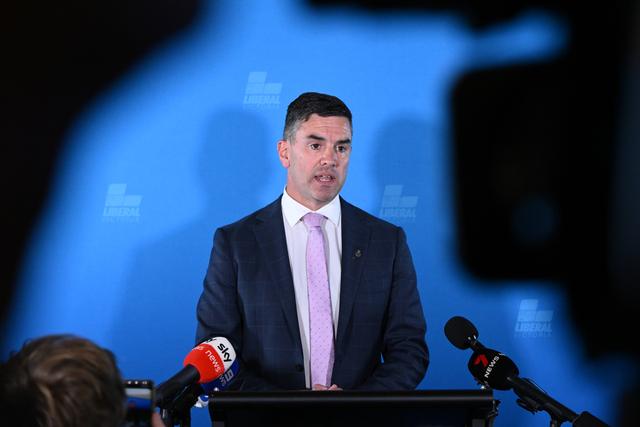The Liberals and Nationals have launched a parliamentary inquiry into local government funding, service delivery and the effects of cost shifting despite opposition from the Labor Government, the Animal Justice Party and the Legalise Cannabis Party.
Passing through the Legislative Council on Wednesday May 3, the motion would require the Economy and Infrastructure Committee to inquire into, consider and report on local government funding and service delivery in Victoria, including the effects of cost shifting from the state and federal governments to local councils in an examination of vertical and horizontal fiscal imbalances, whether local councils are adequately delivering on their core service delivery objectives, the overall revenue structure of local government and whether the existing revenue structure is sustainable and appropriate by 30 June 2024.
Leader of The Nationals and local government opposition spokesperson Peter Walsh said the inquiry would produce a report providing constructive advice to the government on building a more sustainable future for Victoria’s local councils.
“It’s about more than just looking at council rates, we have to go back to square one and examine the entire funding model for local government,“ he said.
“We need to look at what affects council’s ability to manage core responsibilities like rubbish collection, road maintenance, footpaths and libraries.“
Casey Council chair of administrators Noelene Duff PSM said the council would be keenly watching the results of the inquiry.
“The City of Casey will monitor the inquiry’s progress with interest and will consider any recommendations of the review once they are known,“ she said.
South-Eastern Metropolitan MP Michael Galea said he was a “little wary“ of the basis of the motion coming from a source of contempt.
“It all but states the desire to have local councils not function fully as a level of government,“ he said.
“The motion would prefer to see councils deliver on a list of highly defined authorised services dictated by the state government.“
Mr Galea said recent incidents have put a spotlight on the role of local government.
“A number of programs have come under quite a significant amount of attention recently when there have been some disgraceful attacks on local councils and absolutely outrageous scenes at council meetings where people with frankly very little interest in democracy have stormed places demanding that councils overrule decisions and targeting vulnerable parts of our community to do so,“ he said.
“It has been quite frankly disgusting, and that has happened in my area too.“
Mr Galea said each council had to be able to respond to the varied needs of the area it serves.
“It is appropriate for councils to represent their communities in the decisions that they make and in the priorities that they put forward,“ he said.
“That does not mean that local government cannot or should not work beyond the core services; in fact they should do that.
“The core services should always be paramount – that being the standard: the recycling, the rubbish, the roads, everything else, library services – but that does not mean further services cannot be brought in, such as things operated by our wonderful local libraries.“







